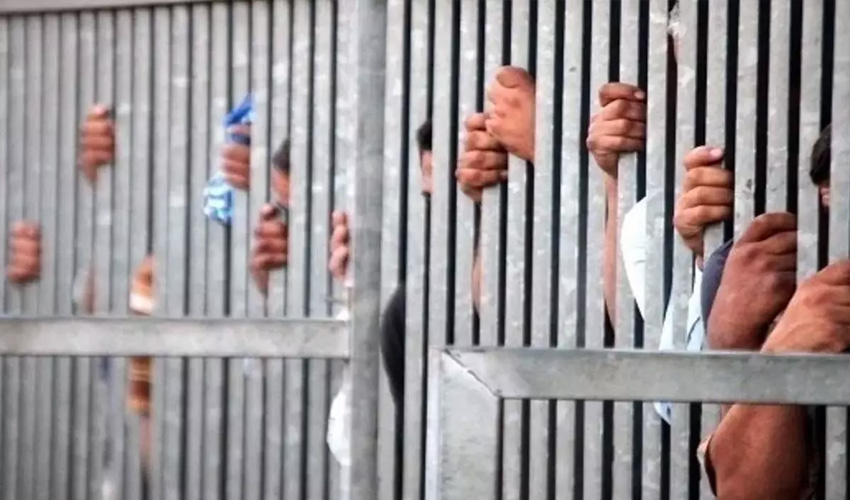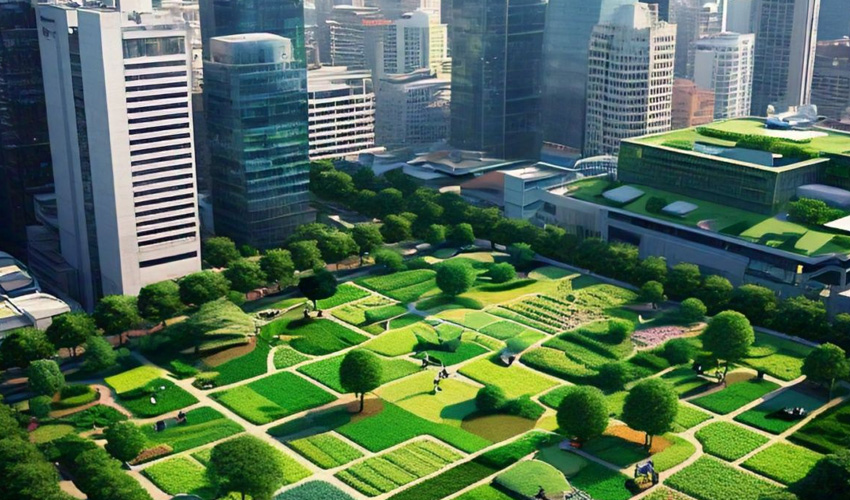Prisons and penitentiaries are supposed to be correctional institutions where offenders are placed to reform and find retribution for their wrongdoings, but prison cells in Pakistan have more of a destructive impact on the personalities of those imprisoned.
In Pakistani jails, the chances of minor offenders turning into major criminals are rather high, constituting to the fact that prisoners are stripped off of their identities. The concept of self and identity is profoundly affected by the harsh conditions of imprisonment.
Prisoners are unequivocally subjected to dehumanization, which contributes to the loss of their identity, as inmates are often reduced to their crimes and stripped of their individuality. The prison system imposes a rigid symbolic order that undermines the prisoners' ability to construct a coherent sense of “self”.
The dehumanizing labels, cell numbers, inmate numbers and roles and chores assigned to prisoners further erode their identity. This labelling results in internalized shame and a diminished sense of self-worth. The rigid control and lack of personal freedom in prison strip inmates of their autonomy, reinforcing a sense of powerlessness and loss of self.
Therefore, it would be correct to imply that prison environment frequently brings out the 'shadow' aspect of the personality, the traits that are repressed or denied. According to Magray and Farooq’s research, A Stylistic Study of Prison Narratives: A Critical Approach, prison means limitations on one's physical and mental autonomy, separation from social, cultural, and political environments which ultimately leads to heightened aggression, fear, and a sense of alienation from one's true self.
The scarcity of mental health professionals in Pakistani prisons means that inmates' psychological needs are largely unmet. This neglect can exacerbate existing mental health issues and impede the process of identity reconstruction.
Note that Jung's theory of the self revolves around the process of individuation, where one integrates various aspects of their personality to achieve a cohesive self-identity. Since in prison, this process is disrupted as prisoners are stripped of their individuality, leading to a fragmented sense of self.
The absence of adequate rehabilitation programs means prisoners lack the support needed to reintegrate into society, leaving them stuck in a cycle of criminal behaviour and eroded self-identity.
Another devastating aspect of life in prison is the overcrowded jail cells. The overcrowding in prisons leads to inhumane living conditions, further dehumanizing inmates. The Human Rights Watch (HRW) reports that "Pakistan’s more than 100 jails contain at least 88,000 inmates, against the officially approved capacity of 65,168.”
Moreover, in the same report, Saroop Ijaz proclaims that: "The occupation rate across Pakistan’s prisons stands at 152.2% of intended capacity."
In overcrowded prisons, the lack of individuality and constant surveillance distorts the self-perception of prisoners as each prisoner becomes a mere needle in the haystack, leading to fractured identity. The HRW report also includes interviews of inmates. An inmate in 2021 in Lahore’s prison cell says, “The room was so clogged at night that it was almost impossible to get up and go to the bathroom without stepping on people’s heads and the only option was to wait till morning.”
How can someone possibly survive with their mental health still intact after living in such precarious conditions? So, alongside identity, Pakistani prison cells also specialize in undoing humanity.
Khuda Ke Liye, directed by Shoaib Mansoor, is a Pakistani film that explores themes of identity, faith, and the impact of extremism and imprisonment on individuals and society. The film provides an exacting portrayal of how the prison system can contribute to the deterioration of identity. Graphic depictions of Mansoor's torture highlight the physical and psychological abuse prisoners face, leading to severe breakdowns of identity and mental stability. The film beautifully portrays the characters' shadow aspects, especially through Sarmad's radicalization under extreme and oppressive conditions of imprisonment.
Sarmad's character arc shows how external influences can drastically alter one's identity. Initially a liberal musician, Sarmad's identity shifts to a fundamentalist outlook, further dehumanized by imprisonment. Harsh prison conditions strip away his identity, leaving him confused and unable to recognize himself.
Meanwhile, Mansoor, wrongfully accused of terrorism and detained in a US prison, faces severe torture and inhumane treatment. This brutal interrogation and isolation severely damage his mental and physical health, leading to a fractured identity and profound trauma.
The use of physical and psychological torture by prison authorities instils fear and trauma, leading to fragmented identities and reinforced victimization. Zille Humma et al. state in The Struggle for Prison Reform in Pakistan that "torture is used in prisons as a method to ensure discipline, and to make prisoners psychologically subservient." However, this brutality normalizes aggression and justifies violence as a means of survival, perpetuating a cycle where inmates see violence as a legitimate way to handle conflicts, which is often what led them to prison in the first place.
The film also touches on the impact of imprisonment on families, showing how the characters' loved ones suffer and struggle with their own identities as they deal with the unjust incarceration of their family members. Moreover, Khuda Ke Liye also highlights how religious and ethnic discrimination within the prison system can exacerbate the loss of identity.
Furthermore, female inmates often face additional layers of discrimination and abuse, compounding their identity erosion and psychological trauma. Akhtar Baloch in her book Prison Narratives sheds light on the stigma associated with being a prisoner and how it significantly impacts women's identities.
Upon release, many women struggle to reintegrate into society due to the label of being an "ex-convict". This stigmatization overshadows personal achievements and qualities of imprisoned women, reducing their identity to their criminal record.
Many women internalize the negative labels and treatment they receive, which further leads to a diminished sense of self-worth and confidence. The Pakistani prison system fails to provide necessary mental health services and rehabilitation programs. This failure results in high recidivism rates and difficulties in reintegration into society post-release and in their inability to reclaim their pre-incarceration identities. Furthermore, there is a lack of legal protection and support, with many women being held indefinitely without trial or access to legal counsel.
Baloch's work underscores how the prison system often suppresses the voices and stories of women prisoners. Their experiences and perspectives are marginalized, contributing to a loss of agency and self-expression. This suppression reinforces the invisibility of their identities within and outside the prison walls.
Imran Qureshi's miniature paintings often explore themes of violence, trauma, and identity and thereby perfectly depicts concept of the loss of identity in prison. Qureshi's paintings frequently use blood-like splatters and intricate patterns that can symbolize the violence and trauma experienced by prisoners. These visual elements can represent the physical and psychological scars that contribute to the erosion of personal identity.
His painting 'Blessings upon the Land of my Love' contrasts delicate, detailed miniature painting techniques with chaotic and violent imagery. This juxtaposition reflects the clash between the prisoners' past identities and the harsh realities of prison life, highlighting the fragmentation and loss of self.
In conclusion, the Pakistani prison system dehumanizes inmates, stripping them of their individuality and identity. Instead of rehabilitating offenders, prisons perpetuate violence, aggression, and psychological trauma. The lack of mental health services, overcrowding, and harsh treatment erode prisoners' self-worth, leaving them with fragmented identities and difficulties reintegrating into society. This underscores the urgent need for comprehensive prison reforms and rehabilitative programs.
The writer is a student of BS English Literature from the Government College University, Lahore.



























